How the Public Views Philanthropy: A Study on Perceptions
Philanthropy is an integral part of our society, often providing critical support to various causes, organizations, and initiatives. It's a force for good, mobilizing resources to address pressing issues and create positive change. But it’s important to look at how the public perceives philanthropy. Studies can learn a lot from the attitudes, concerns, and beliefs about charitable giving and nonprofit work. A recent study sheds light on these questions, revealing a nuanced portrait of how Americans view philanthropy.
A study, What Americans Think About Philanthropy and Nonprofits, conducted by the Lilly Family School of Philanthropy located at Indiana University-Purdue University Indianapolis (IUPUI), presents a comprehensive overview of public sentiments toward philanthropy.The study found that the majority of Americans hold a positive view of charitable giving and nonprofit organizations with philanthropy generally seen as a valuable and necessary endeavor.
Many respondents recognized the crucial role that philanthropy plays in addressing various societal issues. In fact, a significant number of Americans donate money to charities and actively support nonprofit organizations, indicating a genuine interest in giving back to their communities and beyond.
Limited Understanding of Philanthropy
While the public's support for charitable giving and nonprofits is clear, the study also reveals a distinct knowledge gap when it comes to understanding philanthropy itself. Many respondents demonstrated a limited grasp of what philanthropy encompasses. This lack of awareness extends to the terminology, mechanisms, and broader objectives of philanthropic work. Of course, this lack of understanding is a critical issue. Philanthropy extends beyond writing checks; it involves strategic planning, resource allocation, and long-term impact assessment. When people have a clearer understanding of philanthropy, they can engage more effectively with charitable organizations, contribute to informed decision-making, and make a more critical impact on the causes close to their hearts.
Concerns About Transparency
One notable finding of the study is the concerns expressed by the public regarding transparency within the philanthropic sector. Americans want to know where their donations are going and how they are being used. This demand for transparency reflects a growing awareness of the need for accountability within charitable organizations. It underscores the importance of organizations being open about their activities, expenditures, and the impact of their work. In today's digital age, information is more accessible than ever. Donors and supporters expect nonprofits to provide clear and easily accessible data, so they can make informed decisions about their giving. As a result, many charitable organizations are taking steps to improve their transparency and reporting, aligning with the public's desire for openness. Implications and
Future Considerations
The findings of this study have several implications for the philanthropic sector and the public at large. First, there is a clear need for greater education and awareness about philanthropy and its diverse aspects. This can be achieved through public outreach, educational campaigns, and discussions in schools and communities. Second, philanthropic organizations need to actively address concerns about transparency. Clear communication, open access to financial information, and reporting on the impact of their work are essential for building and maintaining public trust. Lastly, the positive perceptions of charitable giving indicate a willingness among Americans to support worthy causes. This enthusiasm can be harnessed to drive more engagement with philanthropy. Nonprofits should aim to facilitate connections between donors and their work, ensuring that people can see the direct impact of their contributions.
The study provides valuable insights into how the public views philanthropy and what we can do to mitigate any lags in its progress. While the majority of Americans hold a positive view of charitable giving and nonprofit organizations, there is a clear need for improved education about philanthropy. Additionally, concerns about transparency underline the importance of open communication within the sector. By focusing on these issues, we can create a more informed and engaged society that actively participates in philanthropic endeavors, ultimately driving positive change in our communities and the world.

